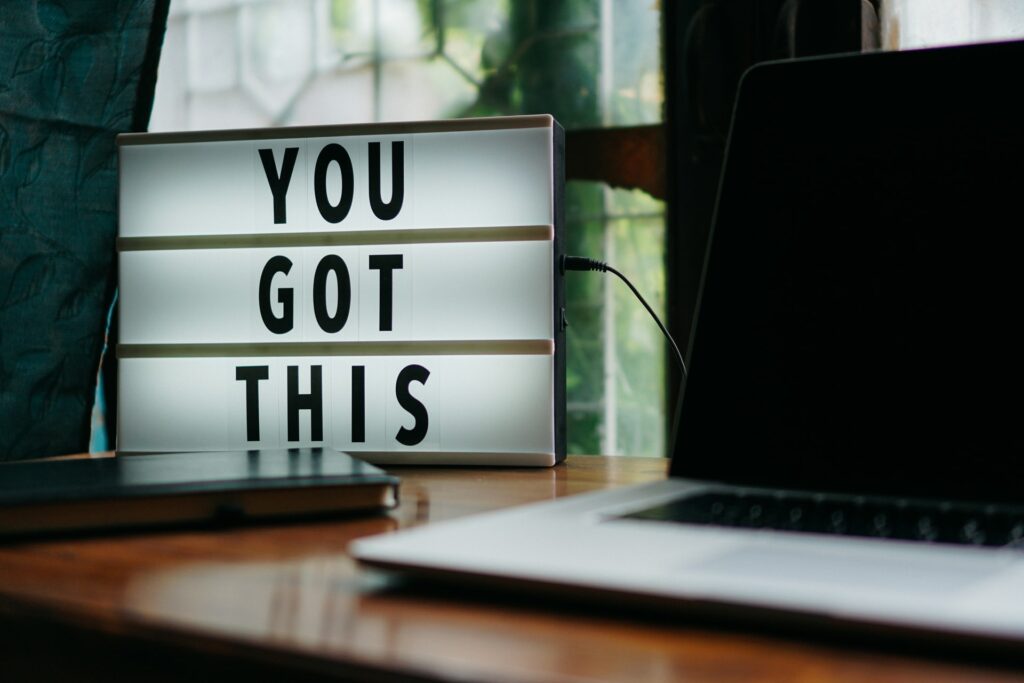When it comes to a personal coaching business, one would assume that the one who buys the coaching service is the one who needs it. That’s what the straightforward assumption would be.
In some cases, like when it comes to life coaching, the buyer is indeed the person who has recognised from their own research and experience that they need coaching and have thus reached out to hire a coach. They may do this by looking at the prospective coach’s credentials – certifications, client reviews, any blogs and videos they may have posted, etc., – before reaching out to seek their services.
The Corporate Coaching ‘Buyer’
When it comes to corporate coaching, i.e., executive & leadership coaching, however, things are a little different. It’s not quite as simple as ‘I think I need a coach and I’m going to hire one for myself in my corporate journey.’
It may, however, look a little something like this: a senior sponsor could come in and say that a junior in the team could benefit from hiring a leadership coach with their own personal coaching business. This could be for a variety of reasons, such as – the junior may be moving to a different role in the organisation (sales to marketing, for instance) and requires a transition. Once the requirement is identified, the senior would make the request to the L&D (Learning & Development) team and ask them to find a coach.
Now on what basis would a person find a ‘good’ coach? Coaches are generally evaluated based on coaches’ certifications, ICF or equivalent credentials, their reputation, testimonials & recommendations, and even by asking those around for references. This forms the basis of the first conversation with the coach.
So, the buyer of the personal coaching business in such scenarios is the Head of Learning in a company and then the person who will eventually get coached. As a coach, you will need to appeal to both.
The Need of The Hour for Coaches: Building Relations
So, as a coach, it is important to build relations with learning teams of companies. It is thus important to actively network, by being known in relevant circles, and of course by the quality of your work – to be able to even come into the purview of those who would be ultimately the buyer of your services.
As we mentioned earlier, an L&D person, in order to get acquainted with the best coaches out there, may ask fellow colleagues for referrals or may even approach a coach trainer to ask for references of people they may have trained to become a coach at some time.
So, when you do a coach certification program, also look at the credentials of the coach trainer as they end up being a conduit for work later for you. Are they well connected and do have a good network? Do they do only do training & certifications or do they have a coaching placement service as well? So, you can ask those questions to your trainers.
If you do not know anyone in L&D you need to network, following those people on social platforms, engage with them and build those connections & relations so that when the time and opportunity comes, you are a likely candidate.
The Buying Process
In corporate scenarios, there may be an initial screening process and depending on the seniority of the person who is eventually and actually going to go through the coaching process, there may be multiple rounds of meetings. One with the L&D person, one with the prospective coachee, one with the senior member who has called for a coaching opportunity, etc.
There are a few answers you should be prepared to answer as a coach: “What is your methodology?” “Why are you better than other coaches?” “Why should we hire you?” Essentially all these questions are meant to ascertain the results a coach can get for not just the coachee, but the team and organisation at large.
And so if you have your own personal coaching business, you would need to first understand what they are looking for from this coaching relationship, figure out if you will be able to help them achieve those results, and then have ways to measure those results.
Here your ability to effectively communicate the value you would bring to the table is going to be imperative, so that the client is assured there will be tangible impact to the business. You would need to understand not only the coachee but also the business at large to be able to ascertain how coaching can be benefit them in the larger scheme of things.
Making Your Way Through the Buying Process
Other clients, if any, will end up playing a big role in order to showcase real results you have been able to achieve for coachees and companies. You can even get potential clients to speak to your past coachees to understand your methodology better
You can also ask your prospective coachee to speak to 2-3 other coaches before making a decision instead of selling yourself aggressively. This enables them to learn and experience a variety of styles and make a studied choice before finalizing a coach. By doing this you are doing them a favour by helping them get more acquainted with different aspects & styles of coaching to ensure they succeed in their journey.
And ultimately, by doing so, they are more likely to believe in the larger impact of coaching, which is the intent of the coaching industry at large.
FAQs
1. What are some best practices to network and build relations with L&D and other relevant people as a coach?
Join HR conferences – sign up and talk to people Follow L&D and HR leaders on LinkedIn and see how you can contribute to their thinking process and understand their challenges and see how you can get involved and be of value.
2. What questions should a coach ask the L&D person to ascertain the exact results they are looking for from this coaching relationship?
First – ask them, “what happens if there is no coaching intervention now? What happens if this leader doesn’t get coached?” Asking this helps you see if they are trying to fix a problem; if they are, then it is a bad sign, whereas if they are looking for bettering Then ask 1) what are the results they are looking for and 2) how do they measure those results?
About Simply.Coach
Simply.Coach is an enterprise-grade coaching software designed to be used by individual coaches and coaching businesses. Trusted by ICF-accredited and EMCC-credentialed coaches worldwide, Simply.Coach is on a mission to elevate the experience and process of coaching with technology-led tools and solutions.

Executive Coach & Co-founder of Simply.Coach
Recognised as one of the Most Talented Coaching Leaders in India by CHRO Asia, Ram is an ICF certified coach with more than a decade of coaching experience Before co-founding Simply.Coach in 2020, Ram worked across the gamut of organisations, from start-ups through to global MNCs. Having served as VP and Country Manager for Publicis Sapient, Ram’s corporate expertise helps him focus on positive change to empower leaders to reach their goals









